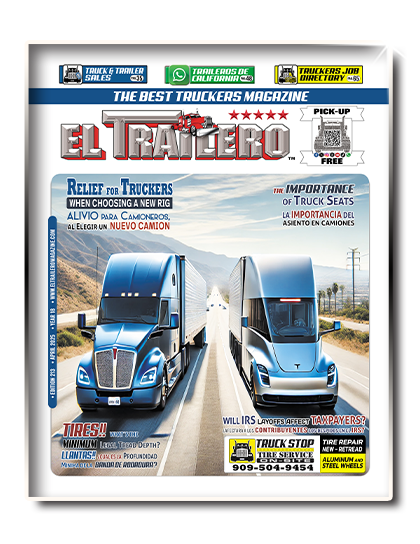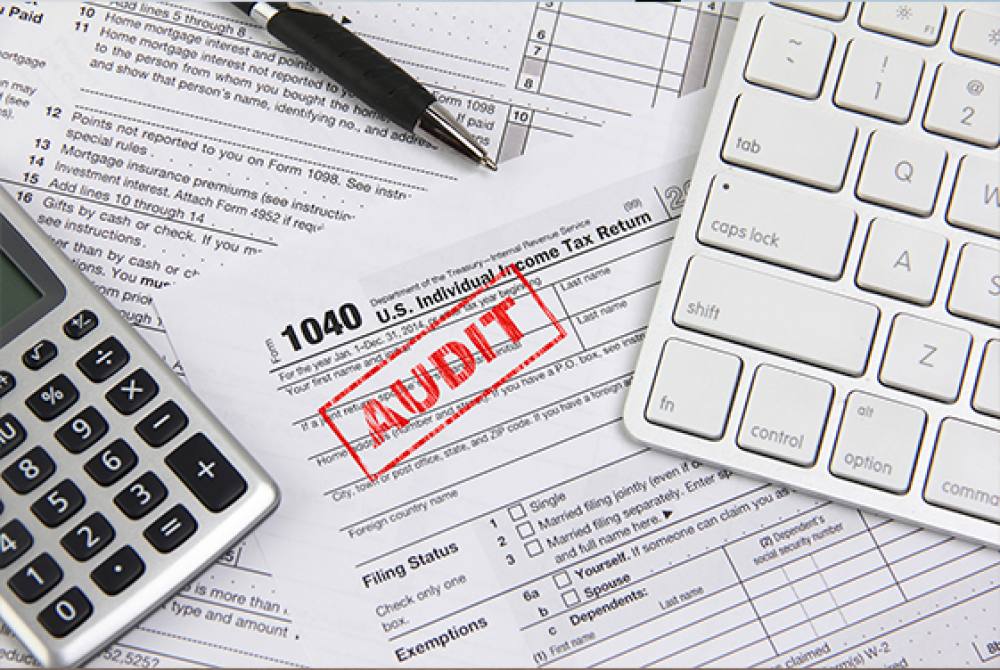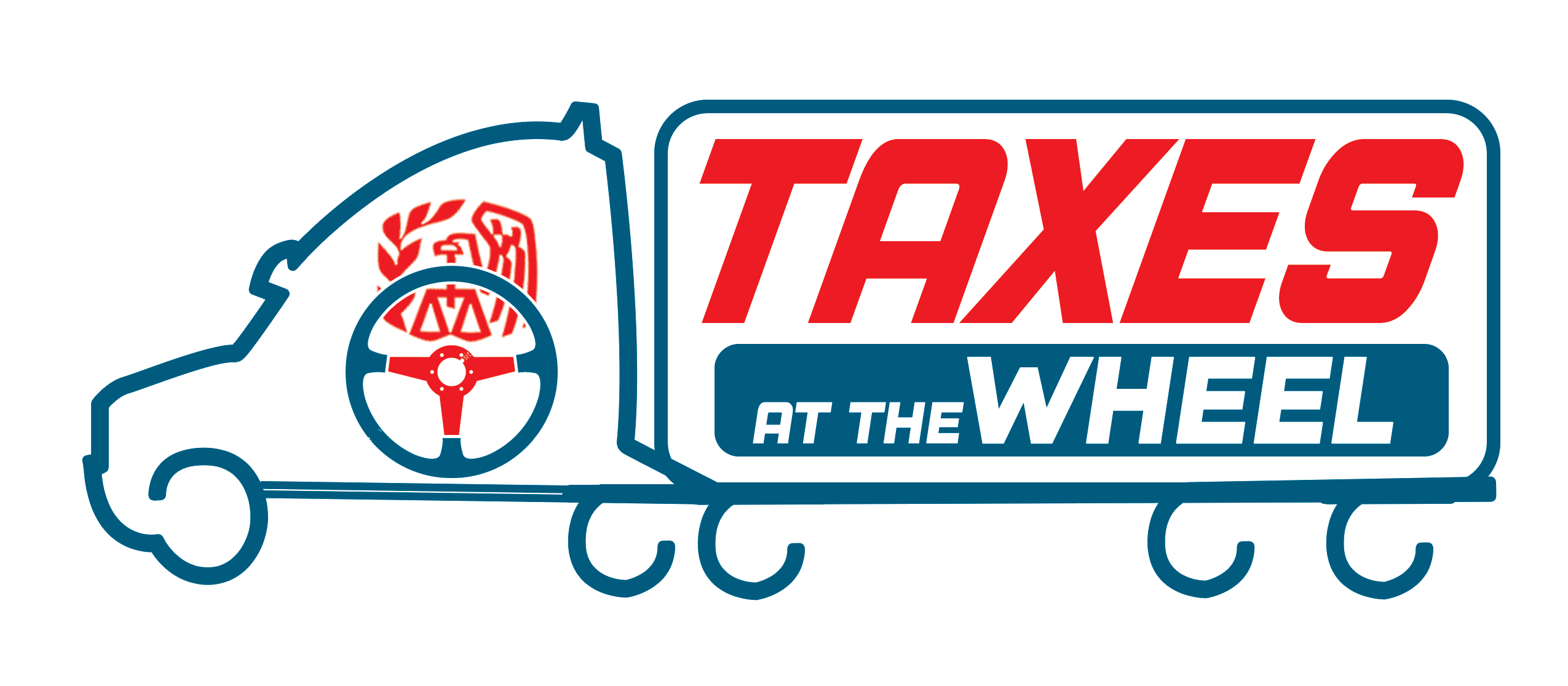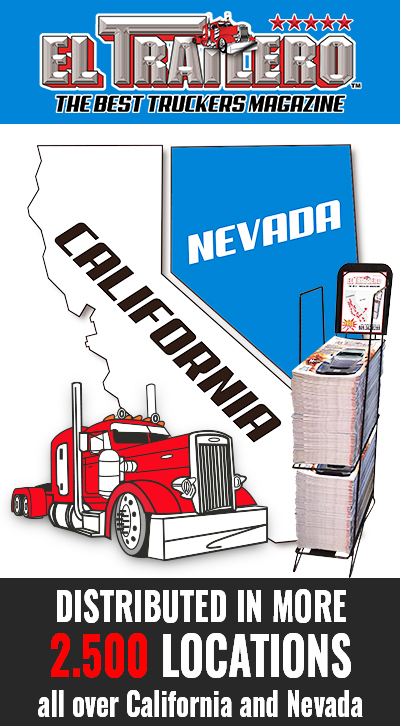 |
|
 |
Get our FREE |


Yes, the IRS audits truckers—especially owner-operators working as independent contractors—due to the complexity of their tax returns and the number of deductions they claim. While audits aren´t extremely common, truck drivers remain on the IRS radar because of their substantial deductible expenses like fuel, per diem, and maintenance. Errors or abuse in these areas can trigger a closer look.
Here´s what you need to know about why the IRS audits truckers, what they look for, and how to stay prepared.
Why Are Truckers Audited?
High deductions compared to income
Owner-operators often deduct large expenses for fuel, maintenance, tolls, insurance, and per diem. When deductions appear disproportionate to reported income, the IRS may suspect inflated expenses or underreported earnings.
For instance, if a trucker reports net income that´s just 20–30% of their gross revenue, that could raise a red flag.
Improper per diem claims
Truckers can deduct a fixed daily amount for meals and incidental expenses—$69 per day in 2025, per IRS guidelines. However, the IRS frequently reviews these claims, especially when:
Form 2290 Errors (Heavy Vehicle Use Tax)
Truckers operating vehicles over 55,000 lbs. must file Form 2290. Common mistakes include filing late, underreporting vehicle weight, or failing to submit proof of payment (Schedule 1), which may lead to fines or audits.
IFTA Report Discrepancies
Those running across multiple states must file quarterly IFTA (International Fuel Tax Agreement) reports detailing fuel purchases and miles traveled. If the numbers don´t align with fuel deductions on Schedule C, the IRS may investigate further.
Underreporting Income
The IRS cross-references Form 1099-NEC (issued by companies paying independent contractors) with a driver´s tax return. Failing to report all income from freight brokers or clients can quickly trigger an audit.
Suspicious business structures
Some drivers operate under LLCs or corporations for tax advantages. If the IRS suspects this structure is being used to disguise personal income, it can lead to deeper scrutiny.
Random audits
Even drivers with spotless records can be randomly selected as part of the IRS´s compliance programs.
How Often Does the IRS Audit Truckers?
There are no official numbers specific to truckers, but self-employed individuals—like owner-operators—face higher audit risks than salaried workers. In 2023, roughly 0.2% of individual returns were audited, but the rate is higher for Schedule C filers, especially those with ongoing losses or unusually high deductions.
You may be at higher risk if you:
For years, federal Hours of Service (HOS) regulations have been viewed as a key tool for reducing commercial truck crash...
read more...Although low libido is often associated with age or medical issues, it is increasingly affecting young truck drivers&mda...
read more...The political conflict between U.S. Transportation Secretary Sean Duffy and California Governor Gavin Newsom escalated o...
read more...California’s push for its controversial “clean truck” regulations has just taken a devastating blow. A...
read more...

